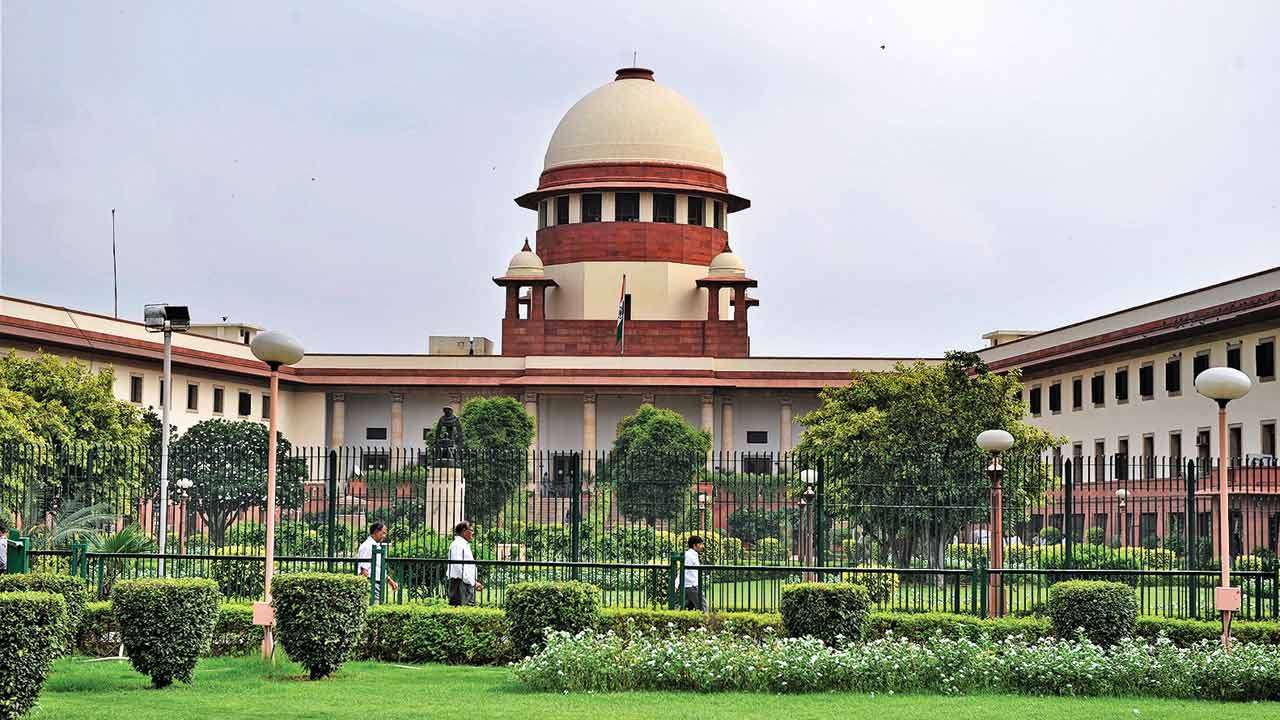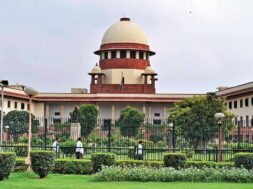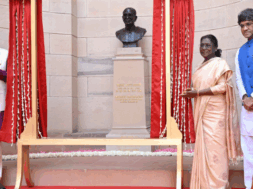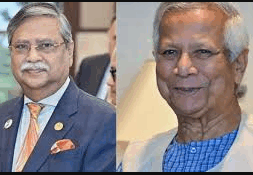
NEW DELHI, March 16: Finding no “constitutional infirmity” in the manner it is being implemented, the Supreme Court on Wednesday upheld the Centre’s One Rank, One Pension (OROP) scheme for the retired armed forces.
A three-judge bench headed by Justice D.Y. Chandrachud held, “We find no constitutional infirmity in the OROP principle as defined in the government’s communication of November 7, 2015, on the implementation of the pension scheme.”
The OROP scheme stipulated that benefits would be effective for pensioners from the cut-off date of July 1, 2014. Pensions of past pensioners would be re-fixed on the basis of pensions of retirees in the calendar year 2013. The Centre, represented by Additional Solicitor-General N. Venkatraman, had assured that pensions of “all pensioners would be protected.” The scheme also mandated re-fixation of pension every five years.
The judgment dealt with a petition filed by the Indian Ex-Servicemen Movement, represented by senior advocate Huzefa Ahmadi and advocate Balaji Srinivasan, complaining that pensioners of the same rank, who were a “homogeneous class,” were arbitrarily being given varying pensions under the OROP scheme. The petitioner claimed that in the course of implementation, the OROP principle has been replaced by ‘one rank multiple pensions’ for persons with the same length of service.
They contended that the initial definition of the OROP was altered and instead of an automatic revision of the rates of pension under which any future enhancement to the rates of pension are automatically passed on to the past pensioners, the revision now would take place at periodic intervals. This deviation from automatic revision, they argued, was arbitrary and unconstitutional under Articles 14 and 21 of the Constitution.
The amount of pension, they argued, should be uniform across armed forces personnel who retired with the same rank. They contended that OROP had created a separate class among the personnel equally situated in rank and length of service.
However, the bench also comprising Justice Surya Kant and Vikram Nath, did not accept the argument. “Varying pensions payable to officers of the same rank, retiring before or after July 1, 2014, either due to Modified Assured Career Progression (MACP) or different base salaries used for the calculation of pension, cannot be held arbitrary,” Justice Chandrachud, who authored the judgment, held.
Explaining the principle governing pensions and the cut-off date under OROP, the court summarised that “all pensioners who hold the same rank may not, for all purposes, form a homogeneous class”. “For example, among sepoys, differences do exist in view of the MACP and Assured Career Progression (ACP) schemes. Certain sepoys do receive the pay of higher rank personnel,” the court reasoned.
The court summarised that it was “not a legal mandate that pensioners who hold the same rank must be given the same amount of pension.” “The benefits that may be applicable to certain personnel, which would also impact the pension payable, need not be equalised with the rest of the personnel,” Justice Chandrachud justified.
The court also did not accept the petitioner’s argument that re-fixation of pension after a gap of five years would leave them at a great disadvantage. The petitioner had contended that such periodic equalisation would “cause great injustice to 24 lakh ex-servicemen, 6.5 lakh war widows and veteran widows and their families by creating a situation of ‘One Rank Different Pension’”.
The court went on to direct the Union government to conduct the “re-fixation exercise” from July 1, 2019 — the date on which the first five-year period from July 1, 2014, expired. “The November 7, 2015, communication [of the Union government] said the benefit of OROP was to be effected from July 1, 2014. The communication states that in future the pension would be re-fixed every five years. Such an exercise remains to be carried out after the period of five years, possibly because of the pendency of these proceedings,” the judgment noted.
It directed the government that “arrears payable to all eligible pensioners of the armed forces shall be computed and paid accordingly within a period of three months.” The court refrained from delving into the financial implications of the OROP scheme.
“Since the definition of OROP is not arbitrary, it is not necessary for us to undertake the exercise of determining if the financial implications of the scheme are negligible or enormous,” Justice Chandrachud observed. The government, to a query on the financial outflow likely to be incurred, had said it would be, from 2014, in the range of ₹42,776.38 crore.
The court also did not entertain objections to the policy choice of the cut-off date. “The cut-off date is used only for the purpose of determining the base salary for the calculation of pension. For those who retired after 2014, the last drawn salary is used to calculate pension. For those who retired prior to 2013, the average salary drawn in 2013 is used. Since the uniform application of the last-drawn salary for the purpose of calculating pension would put the prior retirees at a disadvantage, the Union government has taken a policy decision to enhance the base salary for calculating the pension,” the court observed.
The court said the Union government had taken a policy decision to enhance the base salary for the calculation of pension “since the uniform application of the last drawn salary for the purpose of calculating pension would put the prior retirees at a disadvantage”, said the court.
“Undoubtedly, the Union government had a range of policy choices including taking the minimum, the maximum or the mean or average” but “decided to adopt the average. Persons below the average were brought up to the average mark while those drawing above the average were protected,” the ruling said adding “such a decision lies within the ambit of policy choices.”
The Bench said there was limited scope for judicial review of government policy. Official sources said over 16 lakh pension accounts of retired defence personnel were revised after the government’s 2015 notification of One Rank One Pension policy.
(Manas Dasgupta)












